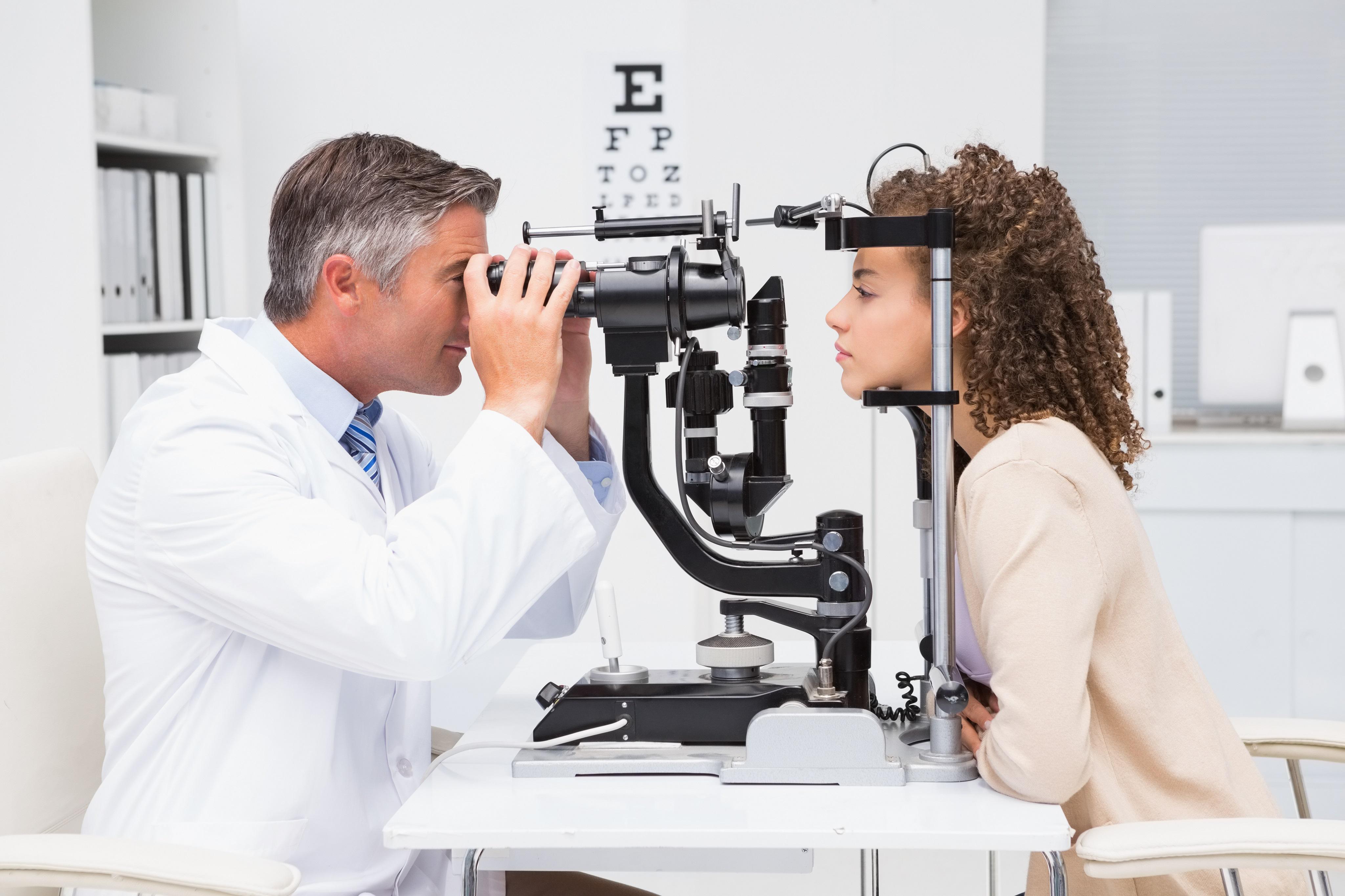Featured

While a lot of people understand the significance of shielding their skin from the sun, the harmful results of ultraviolet (UV) rays on eye health often go ignored. Whether you're soaking up the sun on a summer season day or strolling outdoors on an over cast afternoon, guarding your eyes from UV rays is necessary.
What Are UV Rays? UV rays are a sort of electromagnetic radiation produced by the sunlight. They are classified right into three kinds:
UVA Rays: These permeate deep into the skin and eyes and can add to long-lasting damages. UVB Rays: These rays are more extreme than UVA and are mostly in charge of surface-level damages to the eyes and skin. UVC Rays: These are the most harmful yet are primarily soaked up by the Earth's ozone layer and don't normally reach us. UVA and UVB rays are the main culprits behind eye-related damages.
Short-Term Impacts of UV Direct Exposure on the Eyes. Even temporary direct exposure to intense UV rays can damage your eyes. One common condition triggered by this is photokeratitis, or "sunburn of the eye." Signs and symptoms of photokeratitis include:
Painful, red eyes. Level of sensitivity to light. Tearing or too much watering. Short-term vision loss or blurry vision. Photokeratitis is normally momentary, however it acts as a warning of exactly how damaging UV exposure can be, also in tiny dosages.
Long-Term Impacts of UV Direct Exposure. Extended exposure to UV radiation can result in a lot more major and irreversible eye conditions, such as:
Cataracts: UV rays can speed up the development of cataracts, a condition that triggers clouding of the eye's natural lens, bring about blurry vision and, if unattended, blindness.

Macular Deterioration: UV exposure can harm the retina, specifically the macula, boosting the risk of age-related macular deterioration (AMD), which influences main vision.
Pterygium: A development of cells on the white component of the eye that can cross the cornea, causing discomfort, redness, and vision issues.
Pinguecula: UV exposure can create yellow-colored deposits to base on the conjunctiva, resulting in irritation and dry skin.
Skin Cancer Cells Around the Eyes: The fragile skin surrounding your eyes is highly susceptible to UV radiation, enhancing the risk of skin cancers cells like basic cell cancer and squamous cell cancer.
Just How to Shield Your Eyes from UV Rays. Safeguarding your eyes from UV rays is straightforward and calls for a couple of mindful practices:
Purchase Quality Sun glasses: Choose sunglasses that block 100% of UVA and UVB rays. Look for tags that define "UV 400" defense. Wrap-around styles are perfect as they obstruct UV rays from the sides also.
Put On a Wide-Brimmed Hat: A hat with a brim at least three inches large can dramatically minimize UV direct exposure to your eyes and face.
Limit Exposure During Height Hours: UV rays are toughest between 10 a.m. and 4 p.m. If you need to be outdoors throughout these hours, make sure you're sufficiently shielded.
Do Not Be Fooled by Clouds: UV rays can penetrate via clouds, so it is necessary to put on sunglasses also on overcast days.
Safeguard Your Eyes Year-Round: Snow, sand, and water can mirror UV rays, magnifying their impacts. Eye defense isn't simply for warm summer days-- ensure you're covered in all periods.
Usage UV-Blocking Get In Touch With Lenses: Lots of contact lenses currently feature UV protection. If you use get in touches with, ask your ophthalmologist about lenses with integrated UV filters for included security.
Encourage Eye Defense for Children: Kid's eyes are extra conscious UV rays due to the fact that their lenses are clearer, permitting even more radiation to reach the retina. See to it they use sunglasses and hats during outdoor activities.
Regular Eye Exams. Normal examinations with an eye treatment professional are essential for early detection of any type of UV-related damages. An optometrist or eye doctor can assess your eyes, advise safety measures, and find problems like cataracts or macular deterioration beforehand.
Final thought. UV rays posture a considerable risk to eye health, and their impacts can collect with time. Nonetheless, with the ideal preventative measures, you can minimize these risks and shield your vision. By wearing UV-blocking sunglasses, limiting sunlight exposure during top hours, and remaining consistent with eye tests, you can ensure your eyes remain healthy and balanced and your vision continues to be clear for years ahead. Shielding your eyes from UV radiation isn't nearly comfort-- it's a necessary action in preserving your long-lasting eye health.
Latest Posts
Add Charm and Security with Wood Fencing - Idaho’s Leading Fence Experts.
High-Quality Auto Services at Montclare Auto Repair
Expert Auto Repair Services in Montclare